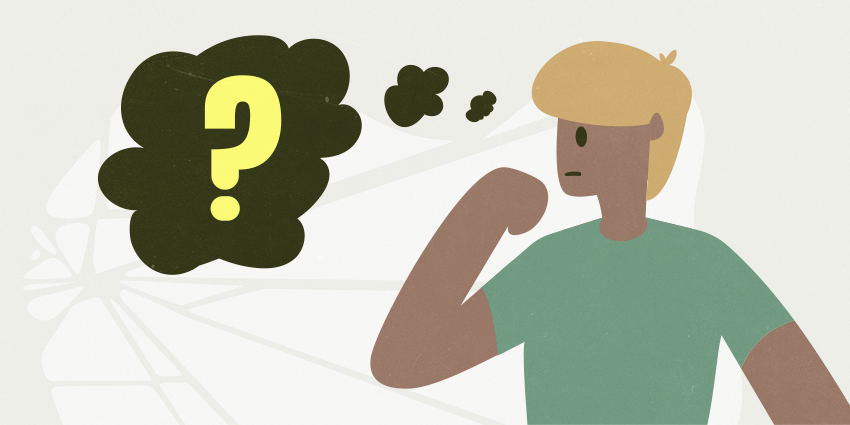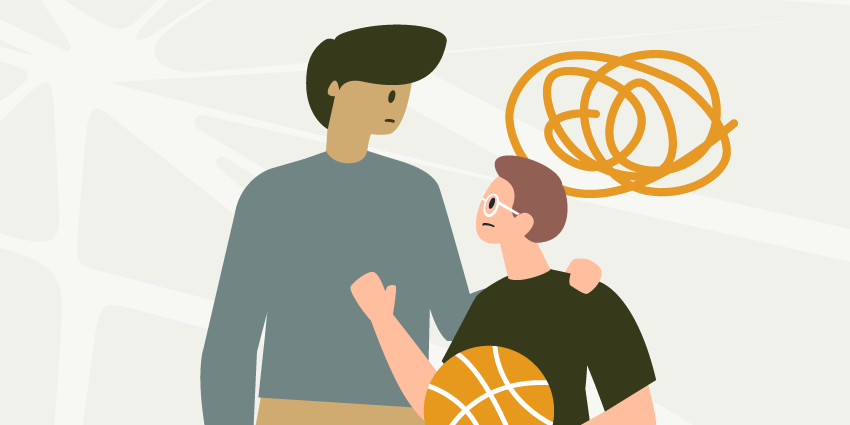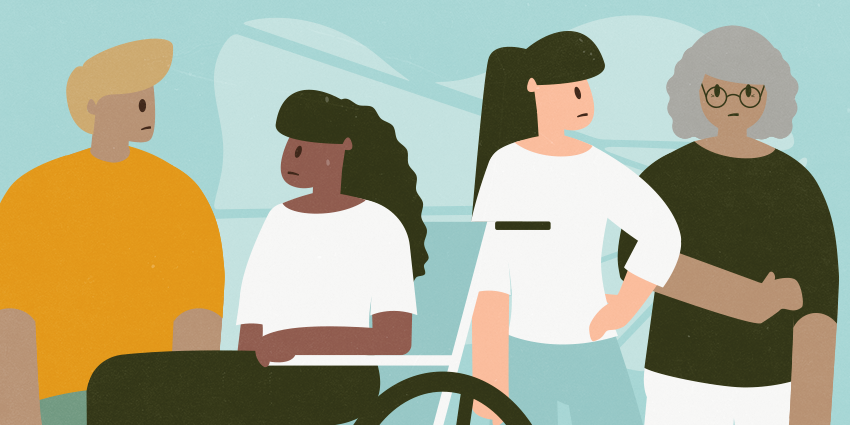To find services or supports you are comfortable with, please visit the helplines and support services page – use a friend’s phone if you think yours is being monitored.
Family and domestic violence can affect people from all walks of life, with each person’s experience of family and domestic violence being different.
What is often the same, is that the impacts of family and domestic violence are serious and long lasting.
Impacts on adult victim-survivors
Victim-survivors of family and domestic violence face a range of profound and challenging impacts that extend beyond immediate physical harm. Examples include:
- Injury, illness, disability and death - One woman was killed every 11 days and one man was killed every 91 days by an intimate partner on average in 2022-23. (Australia Institute of Health and Welfare)
- Health and wellbeing problems such as insomnia, chronic pain, physical exhaustion and early pregnancy loss.
- Emotional and psychological trauma leading to depression, panic attacks, phobias, anxiety, post-traumatic stress disorder, self-harm or even suicide.
- Social isolation due to controlling behaviour or as a result of stress, anxiety, shame, physical exhaustion, substance abuse, physical injuries and fear.
- Alcohol problems and misusing other drugs to cope with the pain.
- Financial stress associated with separation such as moving and legal costs or healthcare costs for recovery treatment from harm.
- Housing insecurity and homelessness - More than 1 in 2 (55%) women who permanently left a violent partner moved out of their home, while their partner remained in the home (Australian Institute of Health and Welfare).
Impacts on children and young people who are victim-survivors
Children and young people are recognised as victim-survivors in their own right.
Family and domestic violence causes significant harm to children and young people, whether they:
- Experience the abuse and behaviours directly.
- See or hear a parent or family member being abused.
- Experience the impacts of the abuse. For example, seeing injuries or property damage, living with tension and fear, experiencing disruption to their education or living/housing arrangements when their parent or caregiver needs to seek refuge.
Children need a safe and nurturing environment to grow, develop and thrive. When a parent or caregiver experiences family and domestic violence, it can affect the way they are able to care for their children.
Family and domestic violence can significantly impact children and young people as they grow and develop:
- Emotional and psychological wellbeing: they may be unable to regulate emotions, experience feelings of shame, anger and fear, and develop low self esteem, depression, anxiety, and post-traumatic stress disorder (PTSD).
- Behaviours: their behaviour and demeanour may change, and this can look different for every child or young person.
- Cognitive development: Family and domestic violence can impact cognitive functions, such as attention, memory, and problem-solving skills.
- Education and learning: they may disengage with their school studies, skip school or drop out of school altogether. Frequent changes in schools can also impact their learning.
- Social relationships: they may push people away and avoid connecting with others. This may impact their ability to maintain positive relationships when older. Children may also create attachments with potentially unsafe people who may have a negative influence, seeking an alternative source of security when home feels unstable.
- Physical health: they may get headaches, stomach aches, stress-related conditions (like rashes or immune system problems), and sleep problems such as nightmares, insomnia, bedwetting, and consequent exhaustion.
Find out what to do if you’re worried about a child or young person.
Impacts of family and domestic violence on the community
Family and domestic violence doesn’t just affect the people directly involved. It can make entire communities feel unsafe. Violence happening in the community can create a sense of fear and uncertainty.
People may wonder if their neighbours, friends, or even family members are suffering, but feel unsure or scared to speak up. This hesitation can create isolation, both for those who experience violence and for those who want to offer support.
The stigma surrounding victim-survivors and those who use violence often prevents them from getting the support they need. Communities might not know how to approach or assist these individuals. Without support, it’s difficult to stop family and domestic violence, which affects not just families but the whole community.
When people feel too afraid or ashamed to talk about family and domestic violence, it creates silence - and in that silence, the problem grows. To truly create safe communities, we need to break through that stigma, encourage open dialogue, and ensure that both victim-survivors and those who use violence have access to support that helps everyone feel safer and more connected.
Find out what you can do to stand up against family and domestic violence.
Help and support
- 1800RESPECT: a national sexual assault, domestic family violence counselling service. Phone: 1800 737 732.
- Women’s Domestic Violence Helpline: provides support for women, with or without children, who are experiencing family and domestic violence in Western Australia (including referrals to women’s refuges). Phone: 1800 007 339. *This helpline is operated by Department of Communities, and your call will be answered by a child protection worker. We are here to help.
- Men’s Domestic Violence Helpline: provides telephone information and referrals for men who are concerned about their violent and abusive behaviours, and for male victims of family and domestic violence in Western Australia. Phone: 1800 000 599. *This helpline is operated by Department of Communities, and your call will be answered by a child protection worker. We are here to help.
- Kids Helpline: provides free support and counselling (talking through problems) to people aged 5-25. Phone: 1800 551 800
- Concern for a child's wellbeing: If you are concerned about a child's wellbeing, please contact the Department of Communities Child Protection Central Intake Team on 1800 273 889. If you are call outside of business hours, Crisis Care is available on 1800 199 008 and provides Western Australia’s after-hours response to reported concerns for a child’s safety and wellbeing and information and referrals for people experiencing crisis. For more information about child protection, please visit Child protection.
- MensLine Australia: support for men and boys dealing with family and relationship difficulties. Phone: 1300 78 99 78.
- Lifeline: provide support for those experiencing emotional distress with access to 24-hour crisis support and suicide prevention services. Phone: 13 11 14.
- headspace: provides mental health and wellbeing support for young adults aged between 12-25. Phone: 1800 650 890.
Find more helplines and support services here:
Family and domestic violence helplines and support services






